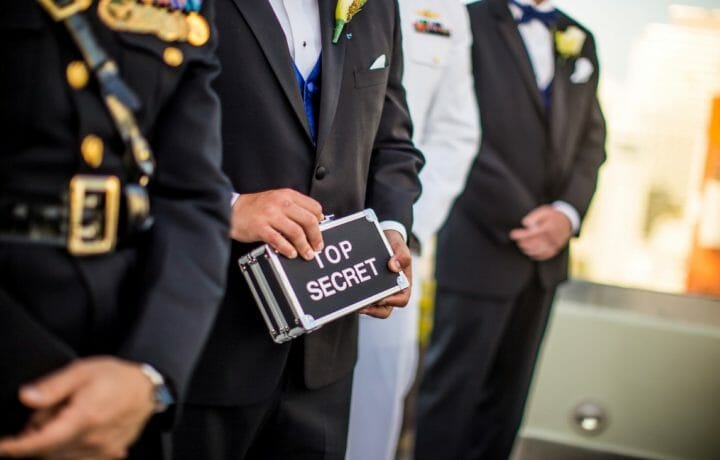How much do you think before you click ‘accept’ on a new LinkedIn connection? While the network itself advocates only connecting with individuals you know personally, that practice is rarely adhered to, and individuals are often encouraged to connect with companies and recruiters with no real-world verification even possible. Many professionals even tout the size of their networks with tag-lines like”1000+ connections” and “all-requests accepted.”
The results of several new continuous monitoring pilot programs may give security clearance holders second thoughts about un-vetted invitations on social networking sites. Federal News Radio published an article this week highlighting the results of several programs now monitoring the social media activities of security clearance holders.
…a government source who spoke at an industry event earlier this month but did not get permission to use his name publicly, said one pilot included 5,000 volunteers. When investigators conducted a random sample of 300 people, they found that 28 percent of them — fewer than 100 people — had something in their social media files that would cause background investigators to take a second look. The red flag could be as simple as having foreign connections on a networking site like LinkedIn, the source said.
These programs are all currently opt-in – social networking activities of security clearance holders are not taking place across the board and it will be some time before any such measures would even be possible on the full population of over five million clearance holders. Officials acknowledge there are many questions to ask before they determine whether or not it’s ‘practical, viable and feasible.’ Information gathered in the pilot includes official documents such as real estate records, and the kind of information that comes up in Google searches – including social media profiles.
Most public accounts and social networking pose no security risk. But questions come into play when it comes to foreign-born friends on sites such as Facebook and LinkedIn. There is a specific issue on these sites where an individual ‘accepts’ a specific interaction from another country. There has always been a question as to whether or not interactions such as this need to be reported to a security officer. If an individual from a foreign country reaches out to you in an unsolicited request to connect, what is the purpose? And what’s the risk if you click ‘accept.’
For security clearance holders, the effects of continuous monitoring should be clear – know what comes up when you ‘Google’ your name, because Uncle Sam soon will. And if you needed an excuse to review and purge those connections you don’t need (you can even un-friend that annoying cousin – we won’t tell) now is the time. Background investigators won’t be searching your name online just yet, but within your career cycle they likely will be. The sooner you begin cleaning up on your online dirt – and being careful of every unsolicited request – the better.




